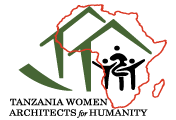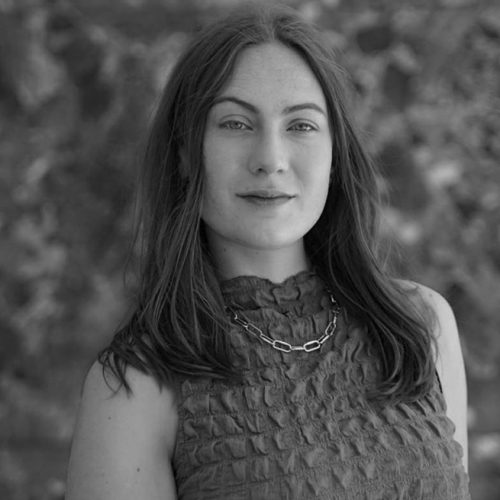Caroline Halje is a master’s graduate Architect from Lund University in Sweden with a background in social sustainability, urban planning, and destination development. Currently, she’s working with social sustainability, public buildings, and urban design at LINK Architecture, in Stockholm, Sweden.
In 2022 she participated in the construction of TAWAH Vocational and Resource Centre in Mhaga Village, Kisarawe, while researching the potential of earthen materials in modern construction and the socio-economic possibilities in the building process. During her time in Dar es Salaam she participated in a sand cement brick and soil-testing workshop held by BRI in Dar es Salaam. The research resulted in a book and master thesis done by her and Hanna Wernersson and can be read here: The research was furthermore part of the 2023 Exhibition Southern Swedish Design Days.
Caroline spent the year 2021 in Copenhagen, Denmark working at the architecture studio NORRØN specializing in destination development, creating qualitative and authentic architecture within the experience economy that embraces the site’s local identity, characteristics, and heritage. During her time at NORRØN, she planned and hosted an exhibition at Copenhagen Architecture Festival (CAFx) 2021.
In 2020 she won a transformation project for a school foajé and meeting space.
She has also participated in the exhibitions Northern Light Fair 2018, Stockholm Furniture Fair 1018 with the exhibition ” Urbana Subkulturer ” as well as Sit-on-it Sit-on-site, 2019, an exhibition and project about circular design and place-making on display in Form och Design Centrum, Malmö.
a workshop about light and colour.
Caroline believes in the potential of architecture functioning not only as a physical structure but as a catalyst for a healthier, more liveable, and better society. The process is hence just as important as the product. By integrating residents and users in the design process she believes that it is more valuable. She believes in the power of the community and the idea of ” more people knowing more” in order to design liveable spaces in which people thrive and enjoy.


